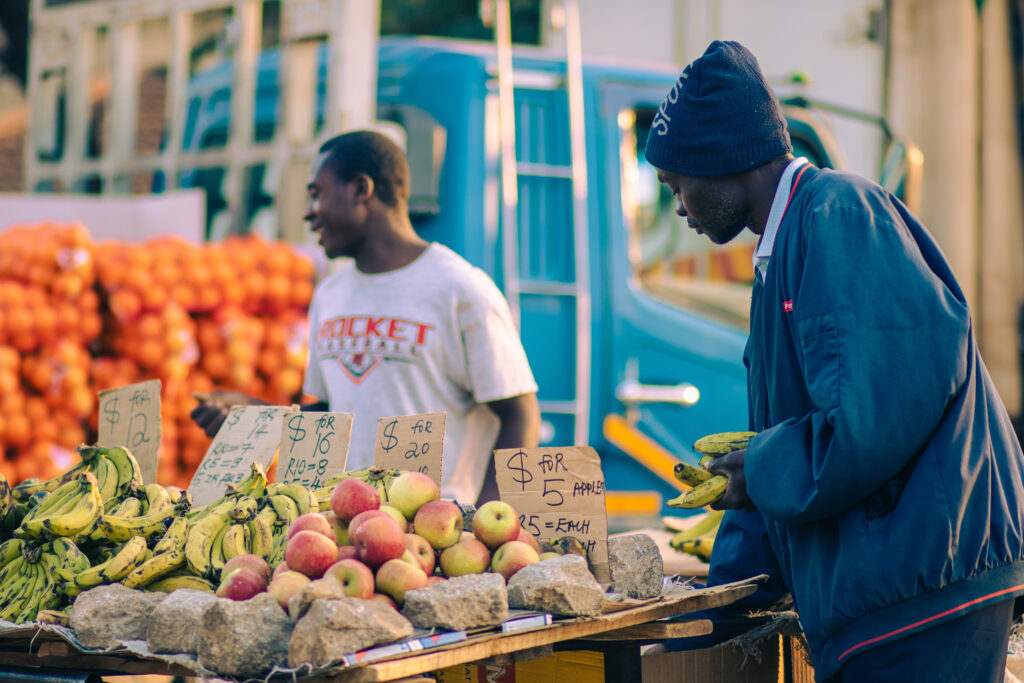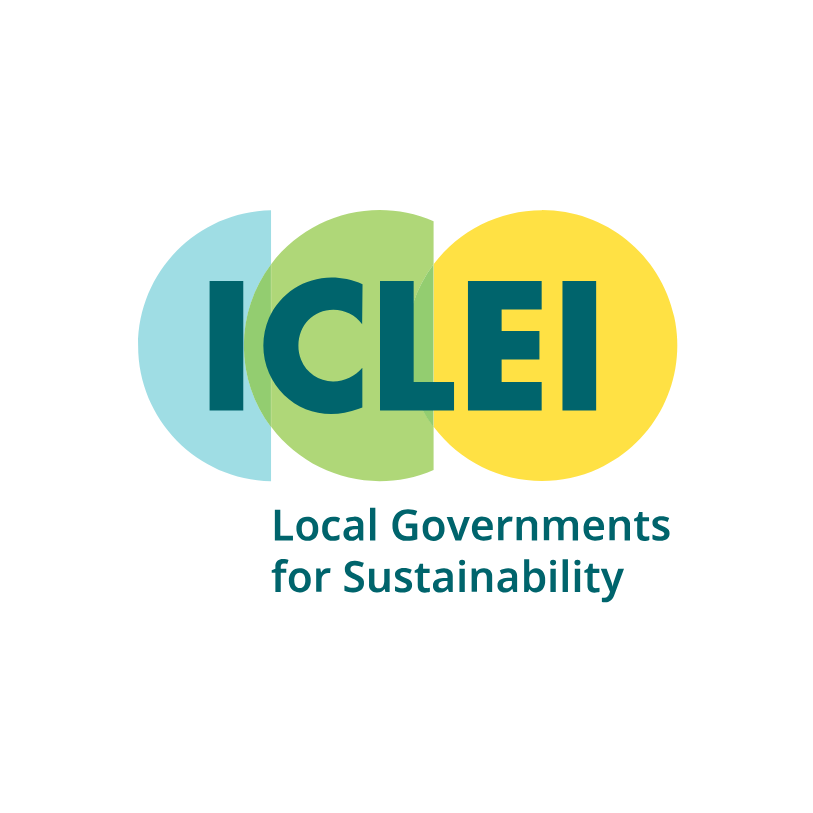Home » Explore the latest project news » A year of impact in transforming urban food systems
A year of impact in transforming urban food systems
In 2024, the AfriFOODlinks project worked with cities, researchers, youth, and entrepreneurs to drive real change by building a powerful network, launching innovative pilot projects, and strengthening city governance. Discover how the project plans to build on this momentum in 2025, scaling solutions and driving even greater impact across Africa and Europe.
Throughout 2024, AfriFOODlinks made significant strides in strengthening urban food systems across Africa and Europe. Through a collaborative, city-driven approach, the project built a robust urban food network, deepened research on urban food systems, engaged youth about food issues in their cities, launched pilot projects that address on-ground challenges, and fostered stronger governance and greater business innovation. This momentum is not just laying the groundwork for sustainable food systems in Africa and Europe—it’s redefining what’s possible for cities worldwide.
Building a Strong Urban Food Network
AfriFOODlinks has successfully established a formal network of food systems actors across 15 African and 5 European cities. This includes city officials who are now actively championing food system transformation within their local governments. By connecting policymakers, researchers, and civil society, a strong foundation has been laid for the long-term, sustainable transformation of food systems.
The AfriFOODlinks Network Cities Webinar Series, launching in 2025, provides a platform for cities to expand their reach and find collaborative and inclusive solutions for their urban food environments. This series will bring together local governments, policymakers, and food system stakeholders to explore how cities are driving meaningful change in food security, sustainability, and accessibility.
By fostering collaboration and knowledge-sharing, the webinar series will play a key role in building a stronger, interconnected urban food network.
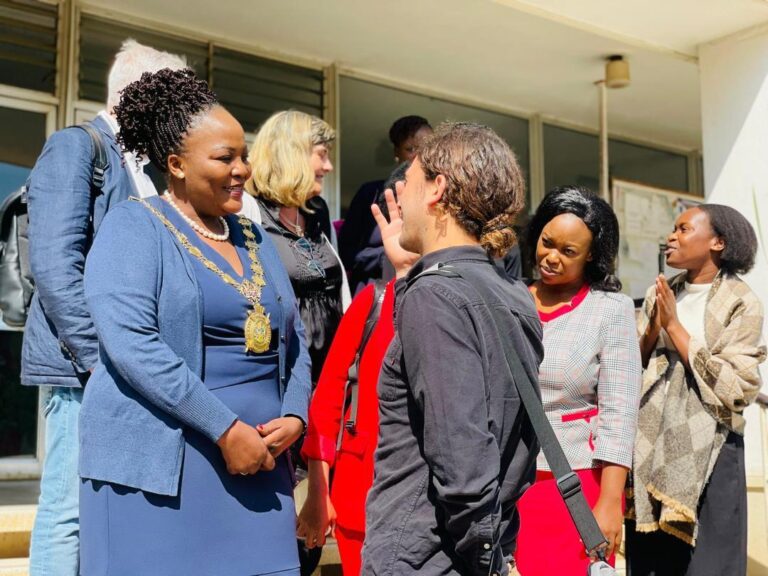
Data-Driven Decision-Making
By harnessing data, AfriFOODlinks ensures that interventions are grounded in the realities of local contexts, allowing for tailored, impactful solutions.
A key achievement of 2024 has been embedding food systems researchers in all 20 project cities. These researchers have produced State-of-the-Food-System Reports, providing the first comprehensive baselines for food system planning in each city. In addition, targeted case studies have been developed to address data gaps identified by city officials, ensuring that our work is responsive to local needs. This Africa-led research is not only unique but robust, providing invaluable insights into the specific challenges and opportunities facing urban food systems across the continent and ensuring that decisions are not only evidence-based but also culturally relevant and contextually appropriate.
Youth-Led Food System Advocacy
Recognising the power of intergenerational collaboration, AfriFOODlinks initiated the youth ambassardorship programme in 2023 and has since continued to build a network spanning 15 African cities and 4 European cities. Since then, these ambassadors have been raising awareness about food systems and driving youth-led advocacy for sustainable food interventions. They have also participated in various intergenerational dialogues, with local city officials and mayors, including the recent Cape Town consortium meeting, ensuring that youth voices are included in the future of food policy.
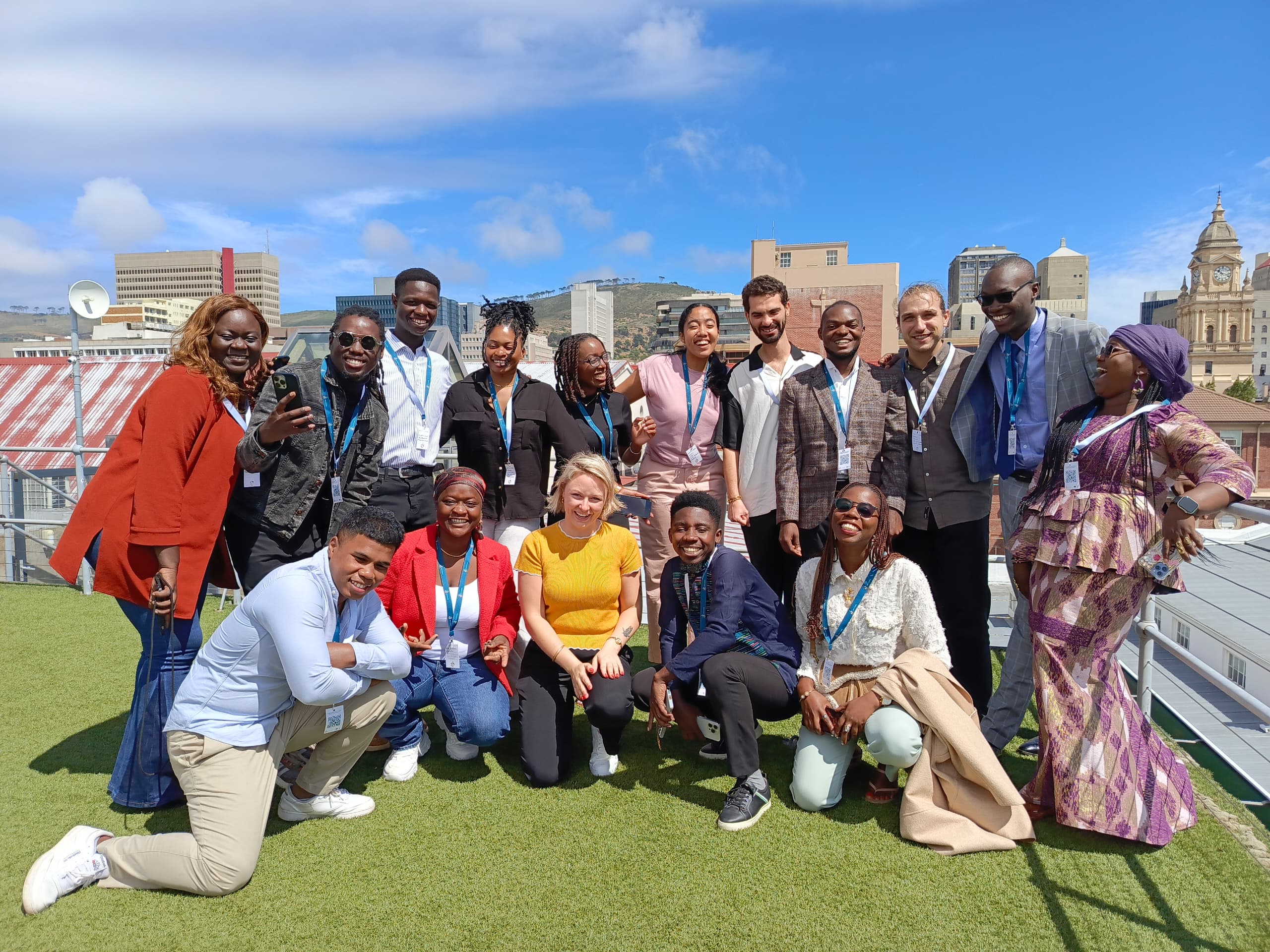
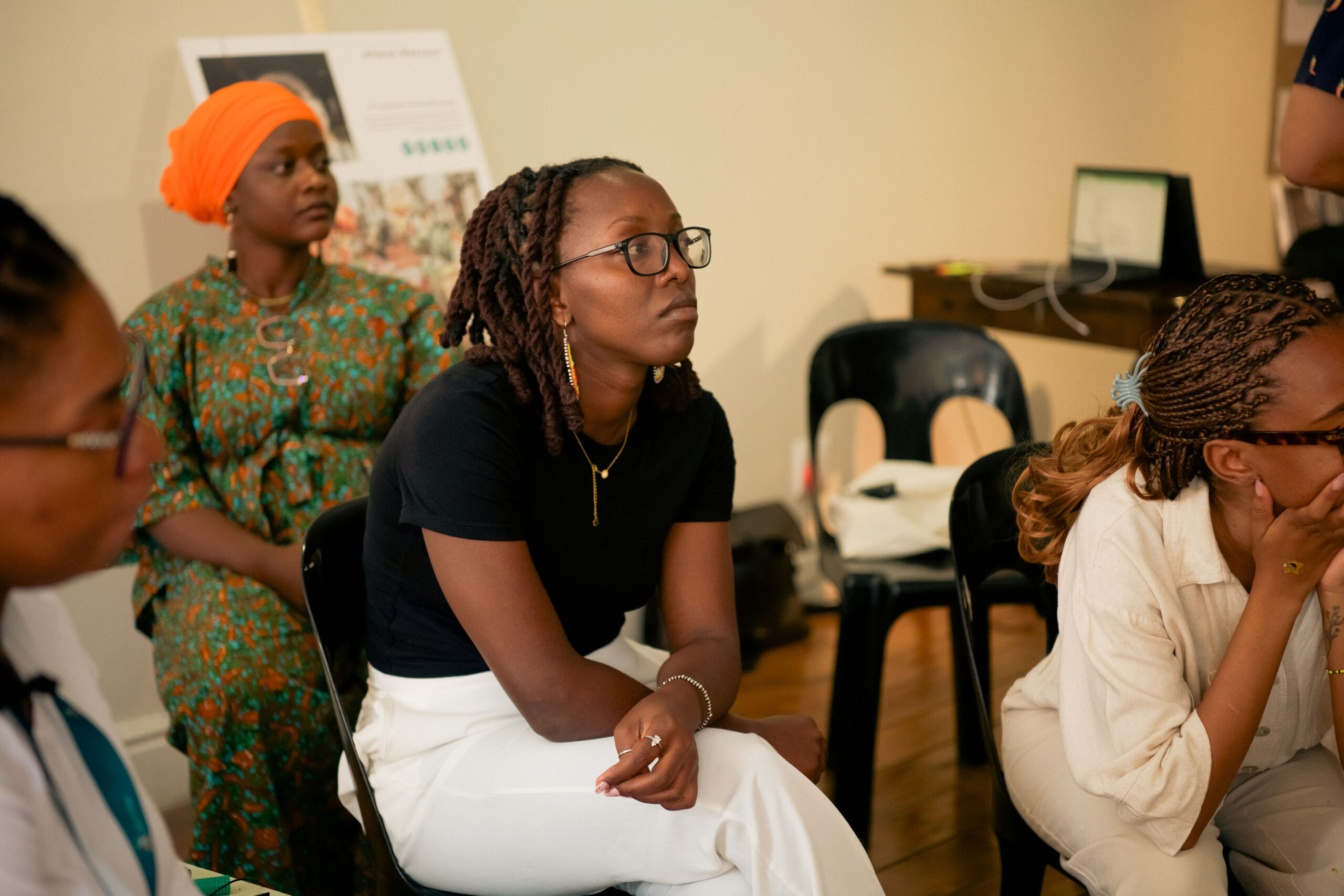
Scaling Up Impact: Pilots & City-Level Action
This year marks the launch of food system pilot projects across our African partner cities. These real-world experiments are testing solutions in key areas such as:
- School nutrition and feeding programs
- Market upgrading to enhance fresh food access
- Food waste management and circular economy innovations
- Abattoir (slaughterhouse) improvements for safer and more sustainable meat supply chains
- Preserving healthy and sustainable food cultures and heritage
To strengthen institutional capacity, AfriFOODlinks is also placing seconded or delegated officials within city food desks, embedding expertise directly into municipal structures to support multi-level food governance.
Strengthening Governance & Knowledge Exchange
To enhance peer learning, AfriFOODlinks facilitated 10 city-to-city exchanges between African and European city officials to African cities, allowing officials to learn from each other’s successes and challenges on the ground. In 2025, we plan to expand this initiative with five additional exchanges to our European partner cities. Additionally, our multi-stakeholder governance platforms in five hub cities are improving coordination among food system actors, such as continued support to the Mbale Good Food Council. We’re also in the process of setting up dedicated food desks in a number of AfriFOODlinks cities – watch this space!
Supporting Innovation & Food Entrepreneurs
AfriFOODlinks is also driving business innovation by establishing food system incubators in our five hub cities: Cape Town, Kisumu, Mbale, Ouagadougou, and Tunis. These incubators support micro-enterprises and small businesses in developing sustainable food ventures, with a strong focus on integrating the principles of green economy and circular economy. Through this initiative, local entrepreneurs are empowered to create solutions that not only address food security but also promote environmental sustainability and economic resilience.
With a strong foundation now in place, we are excited to see how these initiatives evolve over the coming year. By combining research, governance, youth engagement, and practical pilot projects, AfriFOODlinks is making urban food systems more sustainable, inclusive, and resilient.
Stay connected with us for more updates as we continue to drive impact across Africa and Europe!
Explore
"Governance"

Read more about
"Governance"
READ MORE
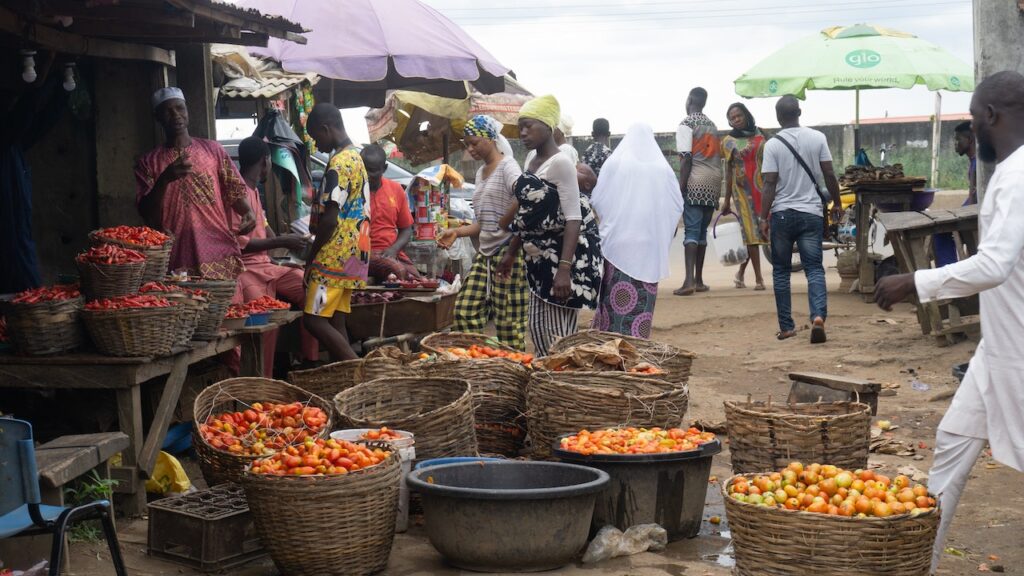
Cultivate Marketplace for transforming African urban food systems: Building bridges between cities and global funders
Unlike a traditional pitch event, the Marketplace will create a structured, low-risk space where cities and funders can learn from one another, exchange insights, and explore alignment.


